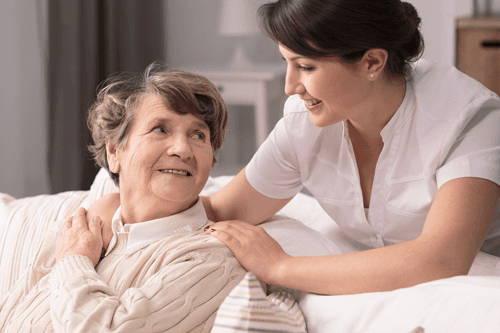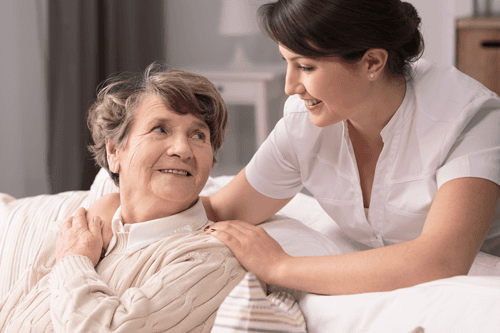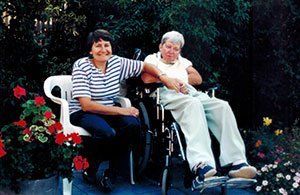30 Signs That Your Loved One May Need A Caregiver
By Rebecca Sharp Colmer
Article submitted by Rebecca Sharp Colmer: Eldercare Advocate, Author, Publisher, Speaker. Find Rebecca’s books online.
The Gift of Caregiving – Click Here
More Books by Rebecca Colmer – Click Here
There are approximately 37 million people over the age of 65 and 5.3 million people over the age of 85. Each year millions of older people start requiring some sort of assistance to carry out their routine daily activities. Family members (family caregivers) provide most of the help.
It is not always easy to know when to intervene. It may seem like your loved one is in a gray area somewhere between competency and incompetence.
Your loved one can have a behavior that is not life threatening but still very serious. Making an assessment is the very step.
Here are some clues that your loved one may need some extra help:
1. Dishevelled clothes
2. Stained or dirty clothes The same outfit worn everyday
3. Unkempt hair
4. Poor hygiene
5. Bad breath
6. Body odour
7. Having trouble walking
8. Having trouble sleeping
9. Dangerous driving
10. Extreme clutter in the home
11. Can’t do light housekeeping
12. Items not returned to drawers or cupboards
13. Clothes strewn about or left on floor
14. Medication bottles left open
15. Medications taken out of original containers and mixed up
16. Not much food in house
17. Spoiled or rotten food
18. Unpaid bills
19. Penalties for overdue bills
20. Unopened mail
21. Put on or lost a lot of weight that is unexplained
22. Signs of confusion
23. Signs of forgetfulness
24. Signs of isolation
25. Signs of depression
26. Drastic mood swings
27. Extreme sadness or loneliness
28. Loss of interest in favorite hobby
29. Stopped doing things they used to enjoy like gardening, reading, going to church, seeing friends
30. Can’t cope with everyday stress
If you do not live near your aging parents, ask a neighbor or friend to keep an eye on your parents and notify you if they notice any changes in their behavior.
Even if you determine that your loved one needs some assistance, keep in mind that they may be resistant to your help. Be gentle and compassionate when asking them to accept help.
It may take several tries before they start to accept your help. There is a big difference in offering help and completely taking away all of their independence.
However, if your parent’s life is in danger and you can’t find a way to intervene, call Adult Protective Services, which is a part of the Department of Social Services. They will send a nurse or social worker to your parent’s home to determine the risks and find ways to protect your parent.
The caregiver role is complex and differs for everyone depending on the needs of the care-receiver. Many times, in the beginning, there may only be a few needs, such as providing transportation or helping with shopping or cooking. Over time, needs increase, requiring additional services, until the care-receiver is fully dependent on the caregiver.








